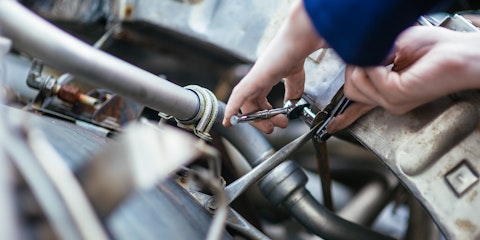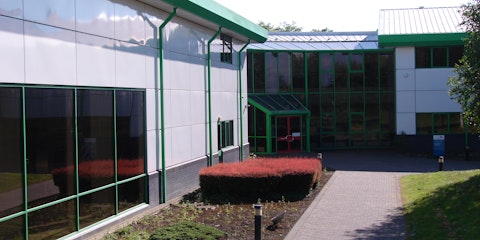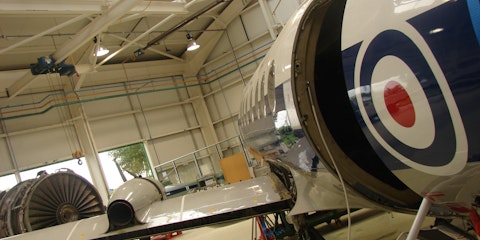BEng (Hons) in Aircraft Engineering
About this course
This degree, offered in partnership with and awarded by Kingston University, will set you on the path to becoming an aircraft maintenance engineer and a maintenance manager in the future.
Your studies will include in-depth theoretical lectures that combine hands-on experience of aircraft component and equipment replacement, inspection, condition monitoring, fault diagnosis and rectification. You'll become familiar with an aircraft working environment and the legal requirements relating to commercial aviation industry.
This is the only UK degree that mirrors the requirements of CAA Part-147 approved courses, and it is accredited by the Royal Aeronautical Society as meeting the requirements for IEng registration with the Engineering Council.
*Course fees may be subject to update by our university partner. In some circumstances, courses may not run if course group numbers are too low.
*Fees are subject to change (2-7%) and validation.
What you will study
Alongside academic modules, work-based modules that provide you with hands-on experience of aircraft component and equipment replacement, inspection, condition monitoring, and fault diagnosis and rectification. You will gain an understanding of the work environment and legal requirements relating to the operation of commercial aircraft. You will also have unlimited access to our state-of-the-art Elite Flight Simulators to enhance your learning experience.
The course covers all the knowledge requirements specified in the CAA Category B1.1 aircraft maintenance engineering licence syllabus (Part 66) plus the opportunity to sit all CAA B1.1 module exams at the campus. It introduces you to practical and maintenance skills, and provides you with opportunities to practise and develop these skills.
This course is designed specifically to set you on the path for a career as an aircraft maintenance engineer in not only the aviation industry . It will give you the confidence and skills necessary to become a maintenance manager of the future.
Year 1 modules include:
- Mathematics and Physics for Practitioner Engineers
- Electrical Engineering Fundamentals
- Aerodynamics and Aircraft Electronic and Digital Systems
- Higher Education Study Skills and Personal Development
Year 2 modules include:
- Aircraft Materials, Hardware and Maintenance
- Aircraft and their Systems
- Practical Engineering Skills and CAD
- Professional Practice for Aircraft Engineers
Year 3 modules include:
- Turbine Engines and Thermodynamics
- Aircraft Maintenance Practices
- Individual Project (Aircraft IEng)
- Air Transport Economics
You will also have the opportunity to train in our Gas Turbines area, which houses a range of Gas Turbine Engines including Rolls Royce RB211 Triple Spool High Bypass ratio engine, Avon Turbojet and Ardour Twin Spool Low By-pass ration engines.
The skills you gain will improve your career prospects and enable you to complete further study to Masters level and beyond.
Assessment methods include: Written assignments, practical work-based assessment, written exams and guided independent study.
Course fees
Tuition Fees - Year 1: £9,790.00
Tuition Fees - Year 2: £9,790.00
Tuition Fees - Year 3: £9,790.00
Entry requirements
The minimum standard entry qualifications for the program are:
96 UCAS tariff points from three A-levels to include Mathematics and Science (General Studies and native language A-levels are not accepted) or 96 UCAS tariff points from a BTEC or EAL Level 3 National Extended Diploma in an engineering subject (MMM), to include Further Mathematics for Engineering Access to HE Diploma with 45 credits at level 3, equivalent to a minimum of 96 tariff points, in an Engineering subject. Maths and Physics units graded Distinction.
Plus: Five GCSEs grade A*to C which must include English Language, Mathematics and a science or technology subject. Native language GCSEs, Key Skills Level 2 Communication and Application of Numbers, and IGCSE English as a Second Language are not accepted. Applicants with military and/or civil aircraft maintenance engineering experience or who have completed vocational aircraft engineering courses will be considered on an individual basis. A minimum International English Language Testing System (IELTS) score of 6.0 (min 5.5 in Speaking, Writing, Listening and Reading) or equivalent is required for those for whom English is not their first language.
Important points
- The College welcomes contact with parents/guardians of students who are under 18.
- Additional support is available for students with learning difficulties and disabilities.
- Cardiff and Vale College is committed to inclusion and values diversity. We are determined to promote equality of opportunity and to treat everyone fairly and with respect.
- Cardiff and Vale College reserves the right to make changes to this course without prior notice.
- Course fees are subject to change. Your fee will be confirmed prior to enrolment.
- All courses are accurate at the time of upload or print.
- Courses can only run if there are sufficient numbers.
- Please note, if you choose three or more course choices, then you may be referred for a careers appointment first. This does not apply to A Level or GCSE choices.
Start date
End date
Time of day
Full Time
Course code
Qualification
Awarded by:
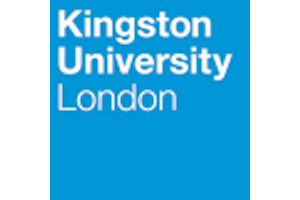
Accredited by:

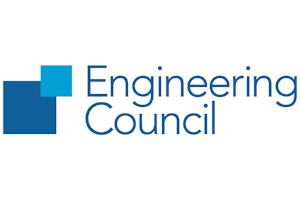
Facilities
Career prospects & further study
123,000
Graduates can either progress into Post Graduate education or gain employment as aircraft maintenance engineers / technicians, aircraft maintenance supervisors, and programme managers, for employers such as Boeing, Leonardos, Ryan Air, British Airways, Virgin Atlantic, KLM UK Engineering the MoD employed either as civilian or military engineers or technicians working on the most advanced aircraft in the aviation industry. Due to the engineering diversity of this degree pathway, you would not be limited to the aviation industry. Past graduates have found employment in other engineering disciplines such transport, mechanical / eletrical / electronic and the space industry.
More...
What stood out for me about Cardiff and Vale College were the fantastic facilities at ICAT and the smaller class sizes. I have the ability to spend one to one time with the lecturers who are very patient and help you understand the work being carried out. Having that experience with people who have a wealth of knowledge about the industry is invaluable. Since leaving Cardiff and Vale College, I have completed my degree with Kingston University and have recently started a job with Babcock as a Mechanical design engineer in their missions systems department working on submarines. The knowledge I have learnt during my time at Cardiff and Vale College can now be put to use while working.


